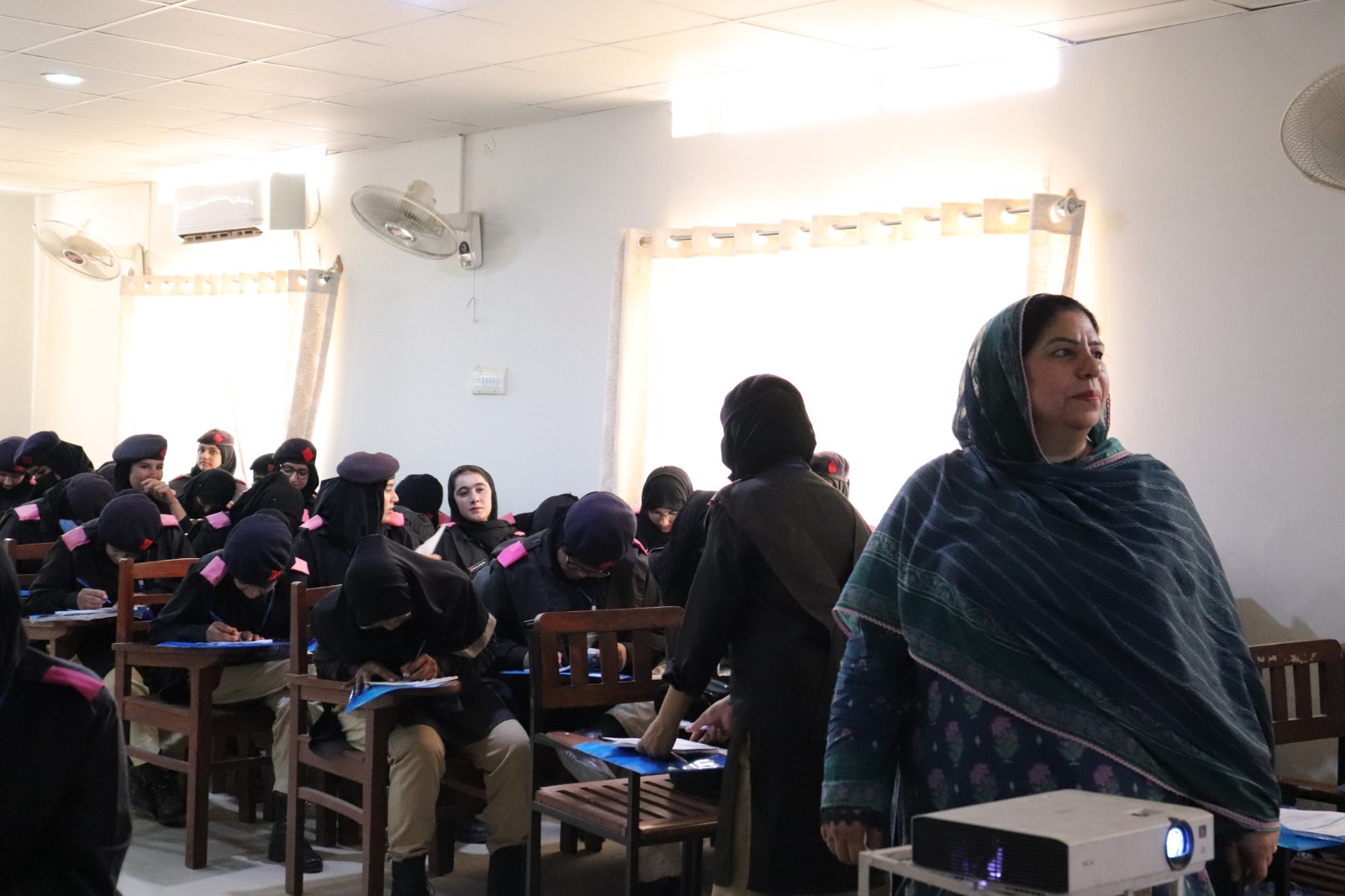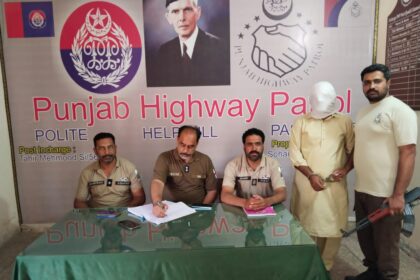The Punjab Healthcare Commission has declared a province-wide health emergency, ordering all private hospitals to dedicate more than a third of their beds to flood victims and to provide them with free medical care. The sweeping directive aims to bolster support for those affected by severe flooding, as reports from Gujrat highlight dire shortages of even basic medical assistance.
Under new instructions, all private hospitals in Punjab must immediately allocate 35 percent of their beds for the treatment of flood-affected patients at no charge. Hospitals have been told to activate emergency protocols, ensuring their intensive care units, high dependency units, and emergency wards remain operational 24/7. They are required to stock essential medicines, intravenous fluids, blood products, and surgical supplies, and establish backup arrangements for major medical or surgical situations.
The commission has also directed hospitals to safeguard vital equipment and medical records in safe locations and maintain uninterrupted power supplies, including having generators and fuel in reserve. Facilities must provide clean drinking water and sanitation for both patients and staff, and have evacuation plans and temporary treatment areas ready if hospital buildings become unsafe due to rising floodwaters.
Coordination with emergency responders, district health authorities, non-governmental organizations, and ambulance services is mandatory to ensure the swift and safe transfer of patients as needed. The Punjab Healthcare Commission has warned that failure to comply with these emergency measures will result in strict penalties under relevant healthcare regulations.
Despite the official response, on-the-ground conditions in flood-stricken areas such as Gujrat remain critical. Displaced families in relief camps have reported the absence of doctors, medicines, and even basic first aid. Many are calling into question whether directives issued from provincial authorities are being implemented effectively at the local level, as vulnerable patients continue to go without essential medical care.











